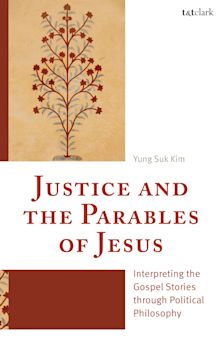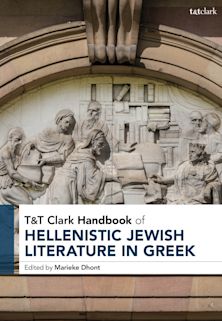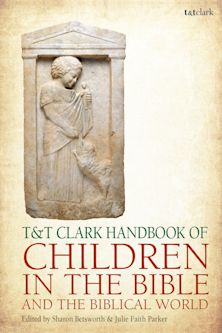- Home
- ACADEMIC
- Biblical Studies
- Biblical Interpretation
- The Sovereignty of God in Salvation
You must sign in to add this item to your wishlist. Please sign in or create an account
Description
In his new work The Sovereignty of God in Salvation E. Earle Ellis sets out to explore God's sovereign purpose both in individual salvation and in the salvation history within which the Bible has been authored, transmitted, interpreted and communicated. In the process he touches on such themes as the nature of free will; the manifestation God's sovereignty in the life and ministry of the Apostle Paul; the presence of God's hand in the transmission and interpretation of the biblical texts; and new perspectives on both the modern inclination to emphasise Paul's use of Graeco-Roman rhetoric as well as the contemporary reception of the biblical message. The sovereignty of God forms an overarching theme throughout.
Table of Contents
Abbreviations
Part I. God's Sovereign Grace In Salvation And The Nature Of Man's Free Will
1. Reformed Understanding Of Salvation
2. Election To Salvation And Free Will
3. Calvinism And Hyper-Calvinism
4. General Predestination And Free Will
Aspects Of God's Will
Divine Predestination And History
Salvation History And History
5. The Finite God Of Free Will Theism
6. Conclusion
Part II. Paul, Predestined Apostle Of Christ Jesus: Whence The Name And The Title?
7. Paul's Name
8. Paul's Title
Part III. Colossians 1:12-20: Christus Creator, Christos Salvator
9. The Historical Setting Of Colossians
10. The Literary Form Of Col 1:12-20
11. The Teaching Of Col 1:12-20
Introduction
God's Gracious Action Of Salvation (Col 1:12-14)
Christ: The Head Of Creation, The Head Of The Church (Col 1:15-20)
IV. Perspectives On Biblical Interpretation
12. Old Testament Issues
History
Transmission
13. New Testament Issues
Gospels
Acts And Letters
14. Confessional And Hermeneutical Traditions
Evangelical Interpretation
15. Method
Subjective Historical-Critical Interpretation
Postmodernism
Non-Historical Literary Interpretation
16. Conclusion
Part V. Paul And Graeco-Roman Rhetoric
17. Introduction
18. Paul's Background
19. Paul As A Jewish Christian Prophet
20. Revelation And Rhetoric In I Corinthians
21. Conclusion
Part VI. Dynamic Equivalence Theory, Feminist Ideology And Three Recent Bible Versions
22. Two Philosophies Of Translation
23. Biblical Paraphrase Serving Feminist Ideology
24. Biblical Paraphrase As 'Holy Bible?'
25. Conclusion
Product details
| Published | 25 Apr 2009 |
|---|---|
| Format | Ebook (PDF) |
| Edition | 1st |
| Extent | 142 |
| ISBN | 9780567155269 |
| Imprint | T&T Clark |
| Publisher | Bloomsbury Publishing |
About the contributors
Reviews
-
The highly respected New Testament scholar, E.E. Ellis, well known for his outstanding pioneering work on Paul's use of the Old Testament and of pre-formed traditions in his letters, brings together here a collection of his most recent essays. Although it takes its title from an essay commending a traditional Calvinist interpretation of divine sovereignty, the other essays are largely devoted to a critical assessment of contemporary trends in New Testament interpretation including such issues as the presences of Graeco-Roman rhetorical methods in Paul and the validity of dynamic equivalence translations of the Bible.
I. Howard Marshall, Honorary Research Professor of New Testament, University of Aberdeen, UK
-
'Altogether these essays present the perspective of a mature New Testament scholar who sees the sovreignty of God in salvation written across history of the Bible and its ongoing interpretation.' - Reginald L King, University of Durham
Reginald L King, Theological Book Review



































